In May of 1994, Nancy and I took our first trip to New Mexico. (We have been back several times since, and we’re always looking forward to our next visit; it is one of our favorite places in the world.) By that time, we had been married for three years, and we had been talking about visiting the state since the beginning of our relationship. Early in that year, Nancy told me it was time to plan our visit, because she was ready to start a family, and, she said, “this time next year, I expect to be pregnant.”
Yes, ma’am. She was more than right, by the way. Our older daughter was born in May 1995.
At the time, I was still in the dreaming stage of my career. I had started work on the book that would become my first published novel, Children of Amarid, and an editor from Tor Books had expressed interest in the series. My agent at the time was negotiating terms with Tor, and already I was learning an early, nerve-wracking lesson about the slow pace of New York publishing. We had yet to sign a contract, and I despaired of ever doing so.
One of the many joys of visiting New Mexico is experiencing the artistry of the native peoples there. The various Pueblo communities produce their own styles of jewelry, pottery, wood carving, and other forms of visual art. During that first visit, I was drawn in particular to ceramic representations of the Storyteller, the embodiment of oral tradition, a symbol of shared history and community lore. Storyteller figures are typical rendered as open-mouthed (in the midst of relating some tale) with smaller figures — children, ostensibly — perched around and/or on them. The Storyteller can be of any gender. They can also take the form of an animal or bird, and they can support any number of smaller figures on their lap, their limbs, their shoulders.
I saw the figures as a symbol of my dream of being a professional writer, and I wanted desperately to find one to take home with me. Unfortunately, the figures are intricately crafted, and their price reflected that. I couldn’t find one that both spoke to me and was affordable.
As part of our visit to New Mexico that spring, Nancy and I made our way out to the Acoma Pueblo. Acoma is known as Sky City, because it is perched on a gorgeous, craggy mesa in the desert west of Albuquerque. It is one of the oldest communities in all of North America, and it is known for, among other things, its exquisite pottery. You can’t drive to the top of the mesa, but rather must park below and walk up. And you can’t just wander the community on your own. You can only access it by taking a tour.
 During our tour, we encountered many people selling pottery in front of their homes. And at one table, a mother displayed her wares beside those of her young daughter. I think the girl must have been around 7 or 8, give or take a year, and she had made a few small bowls, seed pots, and dishes. And she had made a tiny storyteller. As one would expect, it was quite crude compared to those we had seen for sale back in Albuquerque (we hadn’t yet been to Santa Fe or Taos), but something about the figure spoke to me. Maybe is was just that the storyteller was so cute. Or maybe it was that the girl herself was so proud of it. Or maybe I saw in this child’s early effort to follow in her mother’s footsteps something akin to my dream of becoming a professional writer. Whatever the reason, I asked the girl how much it cost.
During our tour, we encountered many people selling pottery in front of their homes. And at one table, a mother displayed her wares beside those of her young daughter. I think the girl must have been around 7 or 8, give or take a year, and she had made a few small bowls, seed pots, and dishes. And she had made a tiny storyteller. As one would expect, it was quite crude compared to those we had seen for sale back in Albuquerque (we hadn’t yet been to Santa Fe or Taos), but something about the figure spoke to me. Maybe is was just that the storyteller was so cute. Or maybe it was that the girl herself was so proud of it. Or maybe I saw in this child’s early effort to follow in her mother’s footsteps something akin to my dream of becoming a professional writer. Whatever the reason, I asked the girl how much it cost.
She looked at her mom, seeming surprised that she might actually sell something. Her mom said, “Five dollars.”
“I’ll take it.”
I handed the girl the money. She wrapped up the storyteller she’d made and gave it to me. And Nancy and I followed our tour to another part of Sky City.
 That was a magical day in many ways. Acoma was as beautiful as we had been told, the pale red stone of the Pueblo seeming to glow beneath a deep azure sky, wooden kiva ladders rising above their structures and reaching toward the clouds. At one point, I spotted a rainbow in the clouds overhead — there was no rain, just the prismatic color, which appeared for a moment and then vanished. I think I was the only one on the tour who saw it. I believed that, together, the rainbow and my little storyteller were omens, signs that my dream would, in fact, come to pass.
That was a magical day in many ways. Acoma was as beautiful as we had been told, the pale red stone of the Pueblo seeming to glow beneath a deep azure sky, wooden kiva ladders rising above their structures and reaching toward the clouds. At one point, I spotted a rainbow in the clouds overhead — there was no rain, just the prismatic color, which appeared for a moment and then vanished. I think I was the only one on the tour who saw it. I believed that, together, the rainbow and my little storyteller were omens, signs that my dream would, in fact, come to pass.
 Two months later, I got my first contract from Tor Books. Children of Amarid wasn’t published for another three years — that first book needed a lot of editorial work. But I was on my way.
Two months later, I got my first contract from Tor Books. Children of Amarid wasn’t published for another three years — that first book needed a lot of editorial work. But I was on my way.
Nearly twenty-nine years later, the storyteller I bought that day in Acoma still sits on my desk, right beside my computer screen. I look at it every day, and it still represents for me the dream that launched my career.
I wish you a wonderful week.









 The first deadline I missed was on my second novel, The Outlanders, the middle book of the LonTobyn Chronicles trilogy. And I had good excuses. Between the time I started writing the book, and the day the first draft of the manuscript was due to Tor, our first child was born, my mother died, my father died, and my siblings and I had to settle my father’s estate.
The first deadline I missed was on my second novel, The Outlanders, the middle book of the LonTobyn Chronicles trilogy. And I had good excuses. Between the time I started writing the book, and the day the first draft of the manuscript was due to Tor, our first child was born, my mother died, my father died, and my siblings and I had to settle my father’s estate. Yes, sometimes we think we’re going to miss a deadline, and then we make it. And if we alert our publisher prematurely, we could lose our spot in the queue. So be it. That’s the price of acting professionally. When our older daughter first was diagnosed with cancer, I told my editor and my agent what had happened, and let them know I was probably going to be late with the novel I was writing. As it turned out, writing that book — Invasives, the second Radiants novel — was a wonderful escape, and I met my deadline. But I had given up my publishing spot and so the book was released later than I had hoped. It wasn’t that big a deal. As I say, the most important thing is be up front about the situation with those who need to know.
Yes, sometimes we think we’re going to miss a deadline, and then we make it. And if we alert our publisher prematurely, we could lose our spot in the queue. So be it. That’s the price of acting professionally. When our older daughter first was diagnosed with cancer, I told my editor and my agent what had happened, and let them know I was probably going to be late with the novel I was writing. As it turned out, writing that book — Invasives, the second Radiants novel — was a wonderful escape, and I met my deadline. But I had given up my publishing spot and so the book was released later than I had hoped. It wasn’t that big a deal. As I say, the most important thing is be up front about the situation with those who need to know. My “What matters?” series of posts will conclude next Monday, after a Monday Musings post this week that straddled the personal and professional a bit more than usual. In the meantime, I am using today’s Professional Wednesday post to begin pivoting toward the impending release of my new series, a contemporary urban fantasy that delves deeply into Celtic mythology. The series is called The Chalice War, and the first book is The Chalice War: Stone. It will be released within the next month or so, and will be followed soon after by the second book, The Chalice War: Cauldron, and the finale, The Chalice War: Sword.
My “What matters?” series of posts will conclude next Monday, after a Monday Musings post this week that straddled the personal and professional a bit more than usual. In the meantime, I am using today’s Professional Wednesday post to begin pivoting toward the impending release of my new series, a contemporary urban fantasy that delves deeply into Celtic mythology. The series is called The Chalice War, and the first book is The Chalice War: Stone. It will be released within the next month or so, and will be followed soon after by the second book, The Chalice War: Cauldron, and the finale, The Chalice War: Sword.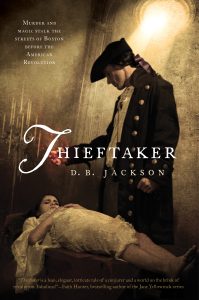 I finished the book and showed it to my agent. She liked it a lot, but thought it needed work. She was right, of course. But by that time, I had signed the contracts for Robin Hood and the Thieftaker books. Not too long after, I finally sold the Fearsson series to Baen Books and so had that trilogy to get through.
I finished the book and showed it to my agent. She liked it a lot, but thought it needed work. She was right, of course. But by that time, I had signed the contracts for Robin Hood and the Thieftaker books. Not too long after, I finally sold the Fearsson series to Baen Books and so had that trilogy to get through.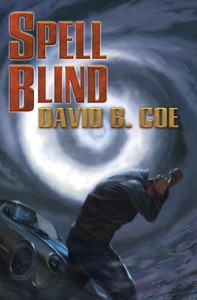 But I never forgot my Celtic urban fantasy, or its heroes Marti and Kel. When I had some spare time, I went back and rewrote the book, incorporating revision notes from friends and from my agent with my own sense of what the book needed. I rewrote it a second time a couple of years later, and having some time, started work on a second volume, this one set in Australia (where my family and I lived in 2005-2006). I stalled out on that book about two-thirds of the way in, but I liked what I had. By then, though, I was deeply involved with the final Thieftaker books and the Fearsson series. And I was starting to have some ideas for what would become the Islevale trilogy.
But I never forgot my Celtic urban fantasy, or its heroes Marti and Kel. When I had some spare time, I went back and rewrote the book, incorporating revision notes from friends and from my agent with my own sense of what the book needed. I rewrote it a second time a couple of years later, and having some time, started work on a second volume, this one set in Australia (where my family and I lived in 2005-2006). I stalled out on that book about two-thirds of the way in, but I liked what I had. By then, though, I was deeply involved with the final Thieftaker books and the Fearsson series. And I was starting to have some ideas for what would become the Islevale trilogy. What about you? I’m not merely asking what you wish to accomplish, though obviously that’s part of the equation. I’m asking as well what you care about. Sure, maybe you want to be published — or at least contracted — by year’s end. That’s a laudable goal. But what project will get you there? What story is burning brightest inside you? What work will bring you joy? What project is most likely to tap into your greatest creative passion? That ought to be part of the equation as well.
What about you? I’m not merely asking what you wish to accomplish, though obviously that’s part of the equation. I’m asking as well what you care about. Sure, maybe you want to be published — or at least contracted — by year’s end. That’s a laudable goal. But what project will get you there? What story is burning brightest inside you? What work will bring you joy? What project is most likely to tap into your greatest creative passion? That ought to be part of the equation as well.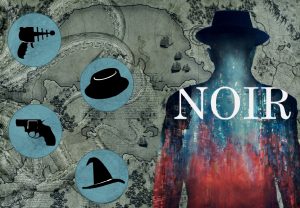 So far, we have received some very good stories. We have also received far, far more that won’t make the first cut. And so I thought I would go over again, briefly, the things that can make or break a story submission, at least for this editor.
So far, we have received some very good stories. We have also received far, far more that won’t make the first cut. And so I thought I would go over again, briefly, the things that can make or break a story submission, at least for this editor.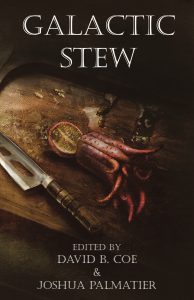 Will I reject a story simply because it is single-spaced instead of double-spaced? No, I’m not quite that mean. But when reading a story, knowing I have literally dozens more waiting in the queue, I will only tolerate so many flaws before I reject it. Remember, I have 500 stories to choose from. I can and will find what I’m looking for. No story is ever perfect, so ask yourself, do you want to expend one of your flaws on formatting? Or do you want to present your story correctly so that I can judge it on its artistic merits? The answer seems self-evident to me.
Will I reject a story simply because it is single-spaced instead of double-spaced? No, I’m not quite that mean. But when reading a story, knowing I have literally dozens more waiting in the queue, I will only tolerate so many flaws before I reject it. Remember, I have 500 stories to choose from. I can and will find what I’m looking for. No story is ever perfect, so ask yourself, do you want to expend one of your flaws on formatting? Or do you want to present your story correctly so that I can judge it on its artistic merits? The answer seems self-evident to me.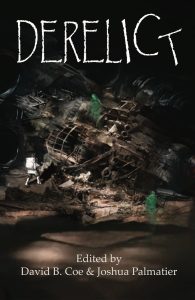 1) I abhor the cliché, but think outside the box. As
1) I abhor the cliché, but think outside the box. As 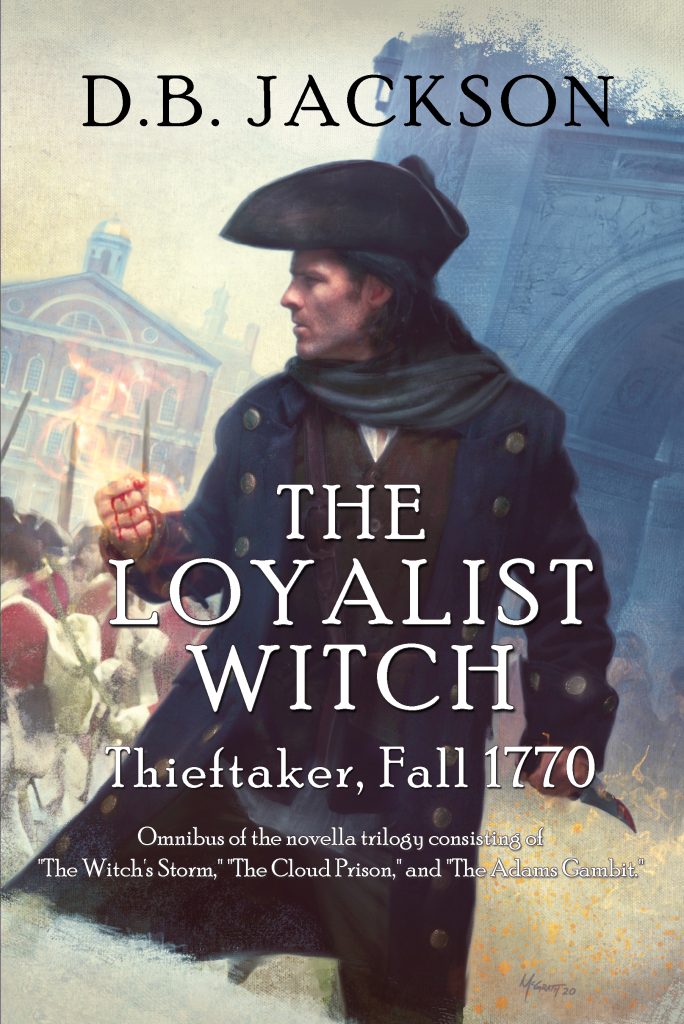 What are you giving for the holidays?
What are you giving for the holidays?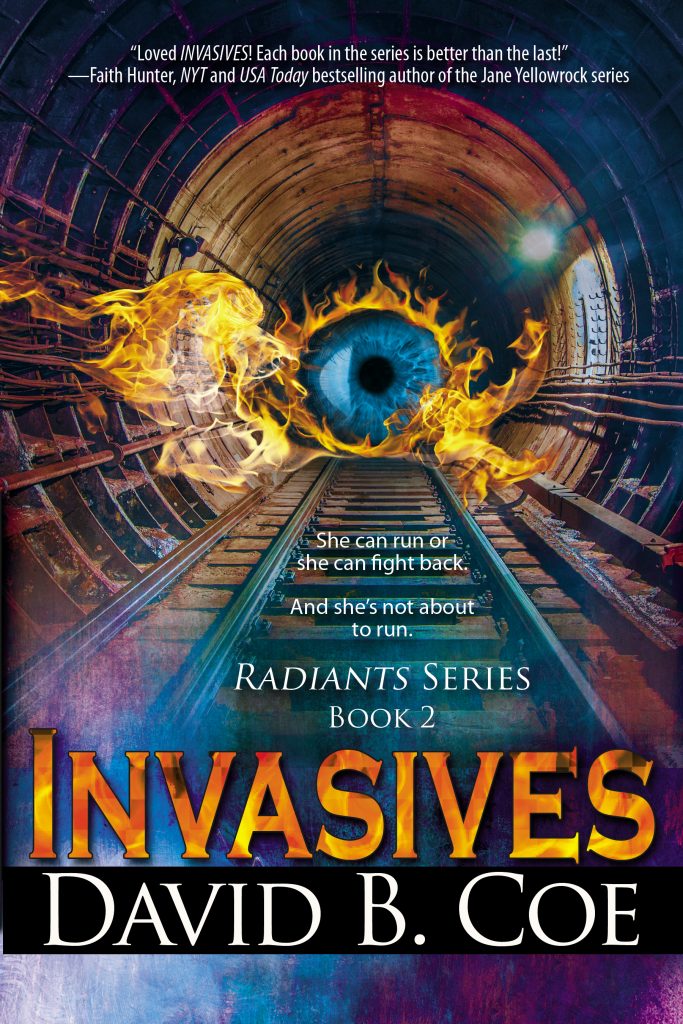 May I suggest a book, or several books?
May I suggest a book, or several books?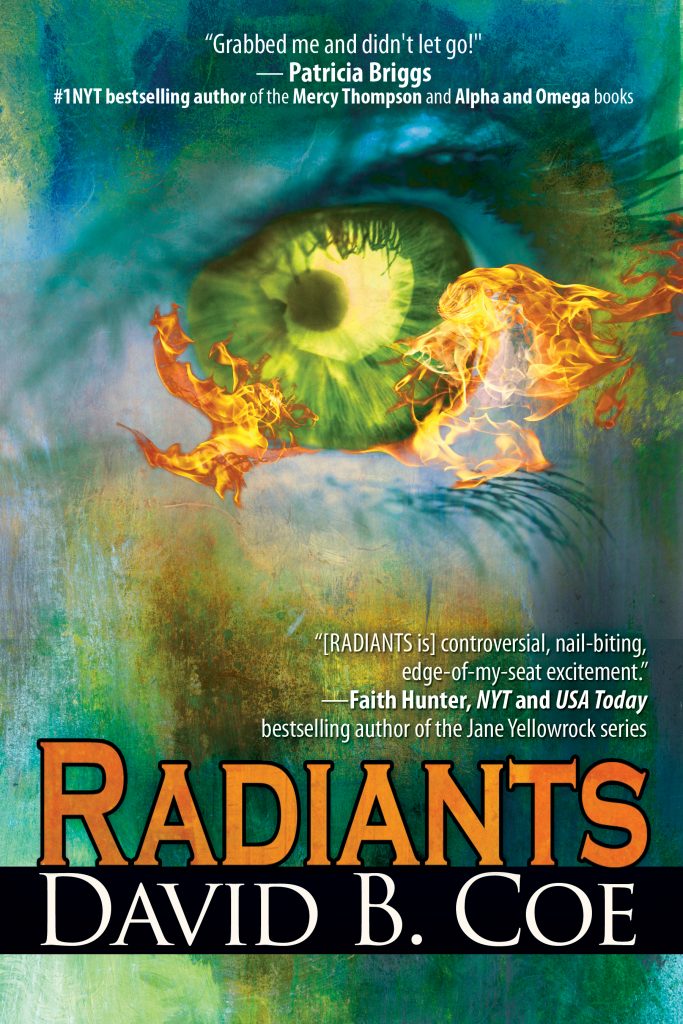 Yes, I know, this probably seems a little crass. But here’s the thing: Creators like me make our livings off the sale of our creations. It really is that simple. If our books (or music or art or whatever) don’t sell, we don’t earn.
Yes, I know, this probably seems a little crass. But here’s the thing: Creators like me make our livings off the sale of our creations. It really is that simple. If our books (or music or art or whatever) don’t sell, we don’t earn.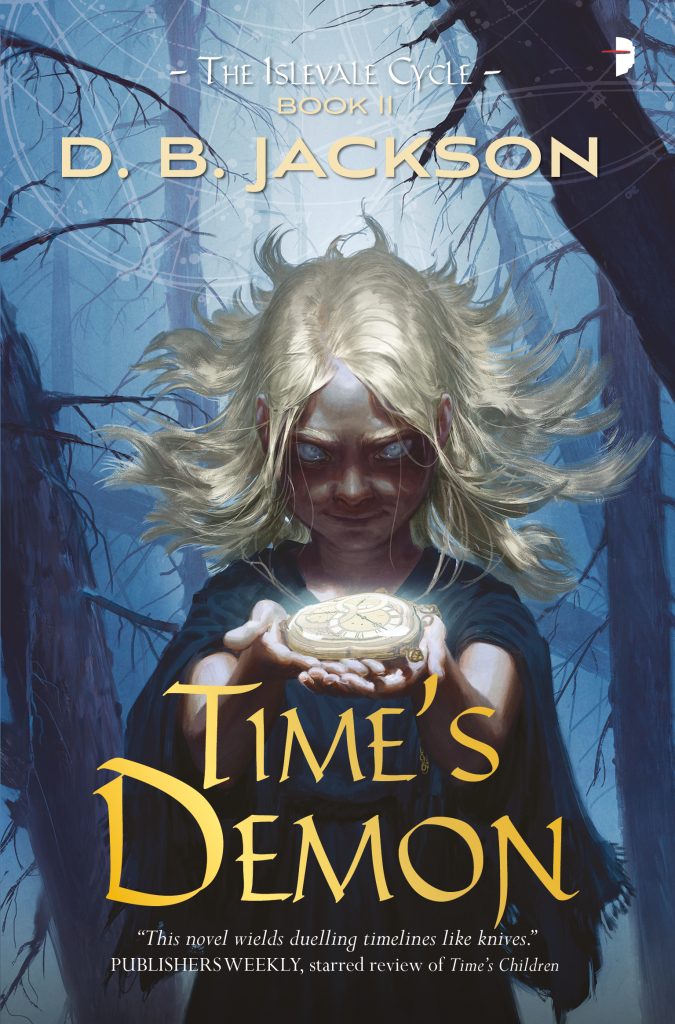 Now, many of you are probably saying at this point that you have already bought my books and, I hope, read and enjoyed them. That’s wonderful. Thank you. Truly.
Now, many of you are probably saying at this point that you have already bought my books and, I hope, read and enjoyed them. That’s wonderful. Thank you. Truly. Around that same time, I was also reading submissions for the Temporally Deactivated anthology, my first co-editing venture. Last year I opened my freelance editing business, and a year ago at this time, I was editing a manuscript for a client.
Around that same time, I was also reading submissions for the Temporally Deactivated anthology, my first co-editing venture. Last year I opened my freelance editing business, and a year ago at this time, I was editing a manuscript for a client.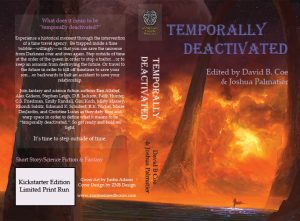 Last week, I wrote about planning out my professional activities for the coming year. This week, I want to discuss a different element of professional planning. My point in starting off with a list of those projects from past years is that just about every year, I try to take on a new challenge, something I’ve never attempted before. I didn’t start off doing this consciously — I didn’t say to myself, “I’m going to start doing something new each year, just to shake things up.” It just sort of happened.
Last week, I wrote about planning out my professional activities for the coming year. This week, I want to discuss a different element of professional planning. My point in starting off with a list of those projects from past years is that just about every year, I try to take on a new challenge, something I’ve never attempted before. I didn’t start off doing this consciously — I didn’t say to myself, “I’m going to start doing something new each year, just to shake things up.” It just sort of happened. But those new challenges did more than that. They kept my professional routine fresh. I am a creature of habit. I try to write/edit/work every day, so in a general sense, my work days and work weeks don’t change all that much. By varying the content of my job — by writing new kinds of stories and expanding my professional portfolio to include editing as well as writing — I made the routine feel new and shiny and exciting. And at the same time, these new projects made it possible to return to some old favorites, notably the Thieftaker series, with renewed enthusiasm.
But those new challenges did more than that. They kept my professional routine fresh. I am a creature of habit. I try to write/edit/work every day, so in a general sense, my work days and work weeks don’t change all that much. By varying the content of my job — by writing new kinds of stories and expanding my professional portfolio to include editing as well as writing — I made the routine feel new and shiny and exciting. And at the same time, these new projects made it possible to return to some old favorites, notably the Thieftaker series, with renewed enthusiasm.